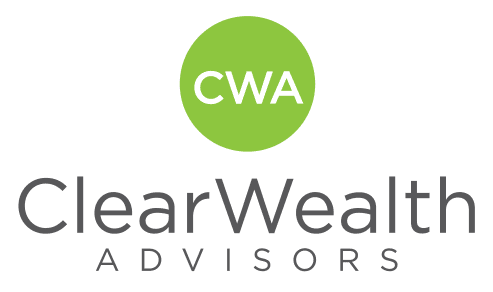Key Takeaways:
· Getting a later start on your career does not put you at a disadvantage as long as you have a plan.
· Wealth management should be all inclusive – decisions shouldn’t be made in isolation from each other.
· Seemingly small decisions can have big consequences – both good and bad.
· Accumulating and preserving your wealth can be easy with the right expert team.
Key Concerns
Physicians frequently ask us: “How do I make the most of my money—and not lose it?” Or they ask: “Considering how much longer I had to spend in school compared to most of my friends, how do I make my money work most efficiently for me so I can get good returns and not pay too much in taxes?”
Based on the income you generate, you don’t need massive investment returns to live very comfortably during your working years—and realistically hope to retire by your mid 50s or early 60s. Instead of hitting it out of the park every time, you just need to get on base consistently.
To do that, you need to put a plan in place and stick to it. As long as you have the right expert team guiding you, a comprehensive wealth management plan isn’t terribly complicated. Unfortunately, far too many physicians don’t have a written, comprehensive plan built around their goals. Therefore, it is difficult for them to make decisions in the context of an overall plan. Rather, they often make one-off, piecemeal decisions and don’t come close to realizing their true potential.
For instance, before becoming a client of ours, a six-doctor medical practice purchased a 15,000 square foot building with a pharmacy on the ground floor. But since they bought in the wrong part of town, they’re having a hard time leasing out the empty space. Even worse, if they leave the building, the pharmacy will leave and the building could go vacant, causing them to lose their money. With a plan in place and a team of experts to guide them, this situation could have been easily avoided.
We also see doctors over-weight their investments into certain industries, such as pharmaceutical stocks. They feel they understand drug companies from a medical and product perspective, but they don’t really understand those companies from a financial and investing perspective. If that sector takes a sudden hit, their whole portfolio (and plan) can suffer unnecessarily.
With all the volatility we’ve had in recent years, many physicians are worried about their long term financial goals in addition to worrying about the investment markets. Unfortunately these two factors (long-term goals and short-term volatility) work against each other. We’re hardwired to make decisions based on the short term and that’s completely detrimental to a long-term, goal-focused, planning driven approach.
In finance, as in medicine, there are always going to be complications—such as short term volatility or other unexpected market shocks. You have to deal with these complications, but it doesn’t mean you veer from your investment path or dramatically change your plan. Instead, you can stay focused on your big-picture plan and this will enable you to get through the current challenges while keeping you on track to reach your major long-term goals.
Solution
True wealth management means having your entire range of financial concerns addressed by an advisor who works with you in a long-term, consultative relationship.
Many advisory firms say they provide true wealth management but very few actually do. What we mean by true wealth management can best be expressed through a formula:
Wealth management = investment consulting + advanced planning + relationship management
The easy shorthand for the formula is this:
WM = IC + AP + RM
Investment consulting is a core offering and the foundation upon which we begin to build our relationship with you.
Advanced planning addresses the range of financial needs that go well beyond investment consulting. It consists of four areas: wealth enhancement, wealth transfer, wealth protection and charitable giving.
Relationship management involves Taking the time to fully understand your current situation and where you’d like to go in the future and meeting those needs over time through a consultative process, assembling and managing a network of financial experts, and working effectively with your other professional advisors (such as your attorney or accountant.)



Recent Comments